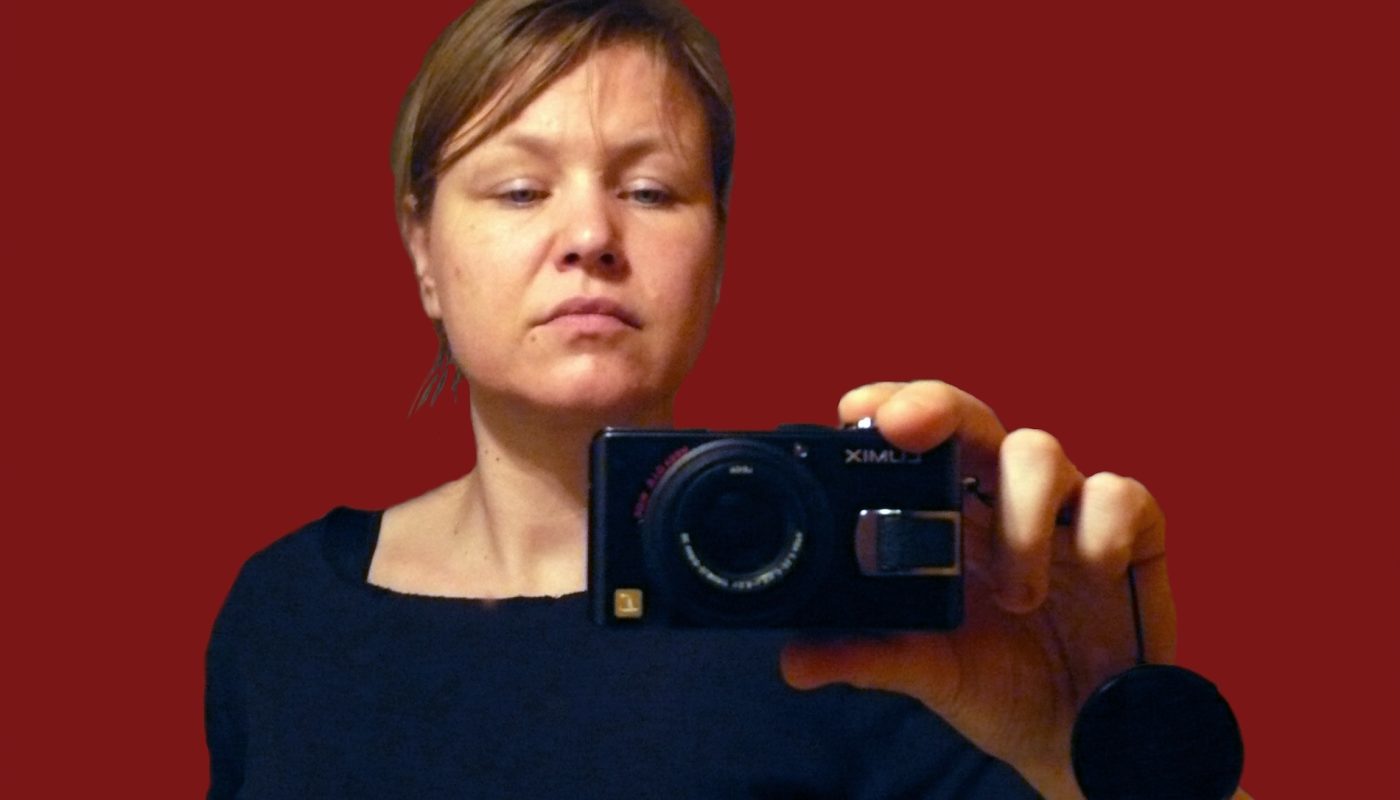

Maasja Ooms - Researcher of Human Relationships
Sofia Piven interviewed the Dutch filmmaker Maasja Ooms.
Geplaatst op 19 mei 2020This difficult time of quarantine held all over the world influences the field of filmmaking quite a lot. Actors and directors have little opportunity to continue their activities, a huge number of festivals are cancelled, among which the Crossing Europe Film Festival, annually conducted in Linz, Austria in April. Today one of the nominees which was supposed to take part in this festival, the Dutch director Maasja Ooms, shares interesting facts about her life with CineSud Magazine: her filmmaking path, her research, her plans for the future and her interest in capturing human relationships.
"The last film on this topic will be about self-determination: youth in closed institutions for youth care."
The director's path towards her career
The Dutch filmmaker Maasja Ooms has not always been dreaming about connecting her life with cinematography. In fact, she actually wanted to study biochemistry. However, as the readers might notice when watching her films or reading this article, things turned out completely differently. It was her grandfather who changed her mind. Maasja remembers: "My grandfather was always carrying a camera around his neck. He was fond of photography. Nevertheless he was just a passionate amateur. As a child I was excited when he showed me how he was printing his pictures in his darkroom." Seeing how the images appear as if from nowhere definitely was a magical performance for a young girl. Therefore, later in her life she decided to try it herself and discover this magical but at the same time unknown world of photography.
The director studied phootgraphy in The Hague. Despite the fact that Maasja's wish was fulfilled and she learned all the secrets of photography from the technical side, she was not completely satisfied with her profession. The filmmaker says: "When I finished the School of the Arts for photography I started working as an assistant photographer and soon felt that I was not ready to work as a professional yet."
Maasja Ooms wanted to continue researching and experimenting in a school environment in order to understand her vocation and study it properly. Soon she found out that she liked watching documentaries and felt that moving images had more expressiveness than just one image. The director says: "At that time there was also something of an activist in me, like feelings of injustice towards various matters. Thus I thought storytelling suited me better as with its help I could meet my activist's goals. Furthermore, artistically, using a camcorder instead of a photo camera was a challenge for me."
Maasja Ooms entered the Film Academy in Amsterdam so as to study cinematography. She comments that technically there was a big overlap in subjects with the photography courses she had taken, such as lighting of subjects/portraits. Therefore, it was usually a bit boring for Maasja. Instead, her favorite subject was Human Behaviour, what lies behind the unsaid. She says: "The academy focused mainly on the technical side while I wanted to investigate who I was and what I wanted to express. That's why I have been thinking about going to the Gerrit Rietveld Academy for a long time.”
Eventually, the director decided not to submit an application for studying there. Maasja believes it is one of the reasons why her own development as a director has been slow. She had been working as a cinematographer for a huge period of time before she felt the need to tell something specific with movies on her own.
Experimenting in the role of an editor
During the work on her own films Maasja Ooms started noticing that the editors who were in her team did not understand her way of perceiving the world through camera. This fact has become a driving force for the director to experiment in the field of editing herself. She remembers: "I started editing my own filmed material because I often felt that other editors were spoiling my movies. They often cut the material into pieces… My way of shooting is often narrative and by doing the editing work by myself in the films which I shot, I was able to leave scenes intact that, in my opinion, made these films more powerful." Maasja says that she likes all the parts of editing: spotting the material, building scenes, combining scenes in search for the best dramaturgy, etc.
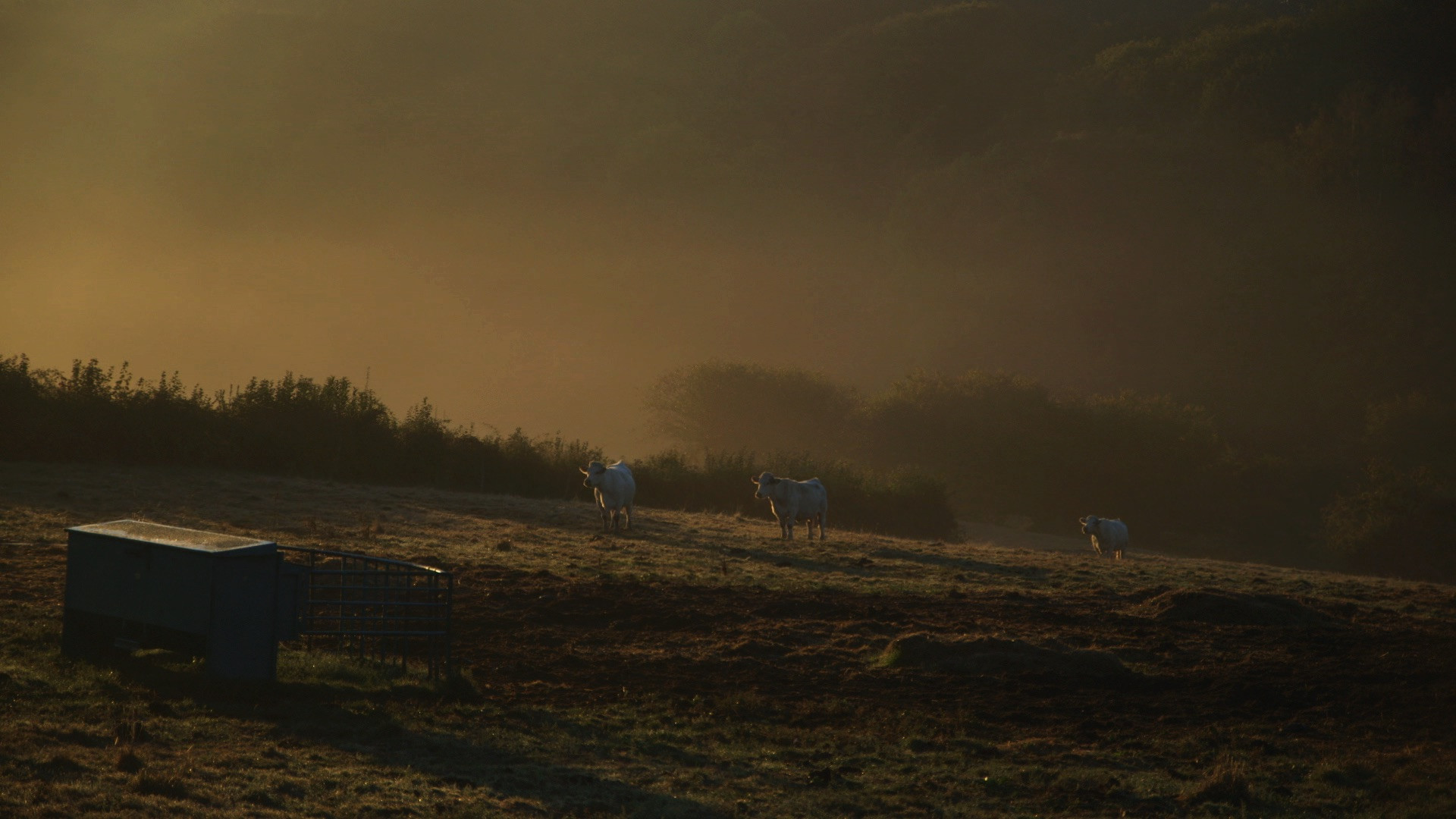
Alicia
The topic of human relationships touched the director so much that Maasja Ooms even filmed a trilogy based on observations of the behavior between people. It includes Tussen Mensen (2015), researching the relationship of a couple married for 33 years, Alicia (2017) and Punks (original title: Rotjochies, 2019).
The most important movie for the director is the second one, Alicia. It is a film telling the story of a teenage girl living in a children's home. It explores her feelings and sufferings concerning her mother who is visiting her on and off and the fact why foster parents do not want to adopt her. Maasja considers this film her best one so far concerning the production and editing aspect. Nevertheless, the filmmaker had to cope with some difficulties while filming Alicia.
Maasja has been following and filming Alicia's life for three years during which one could not yet anticipate how the story would proceed. She filmed many of the youth care workers' discussions about Alicia's well-being during these three years and Maasja comments: "In the end, using this material in the edit felt very strange to me. Since the outcome is a very dark story for Alicia these talks don't fit anymore. It would have been very hard for Alicia to see how others made decisions about her life while she ended up in a closed institution at twelve years old. I shot the material because at that moment I didn't know the future. In a way it is a pity because some conversations were very strong and made clear how the many parties involved often struggled with which way to go with a girl who just liked to be normal."
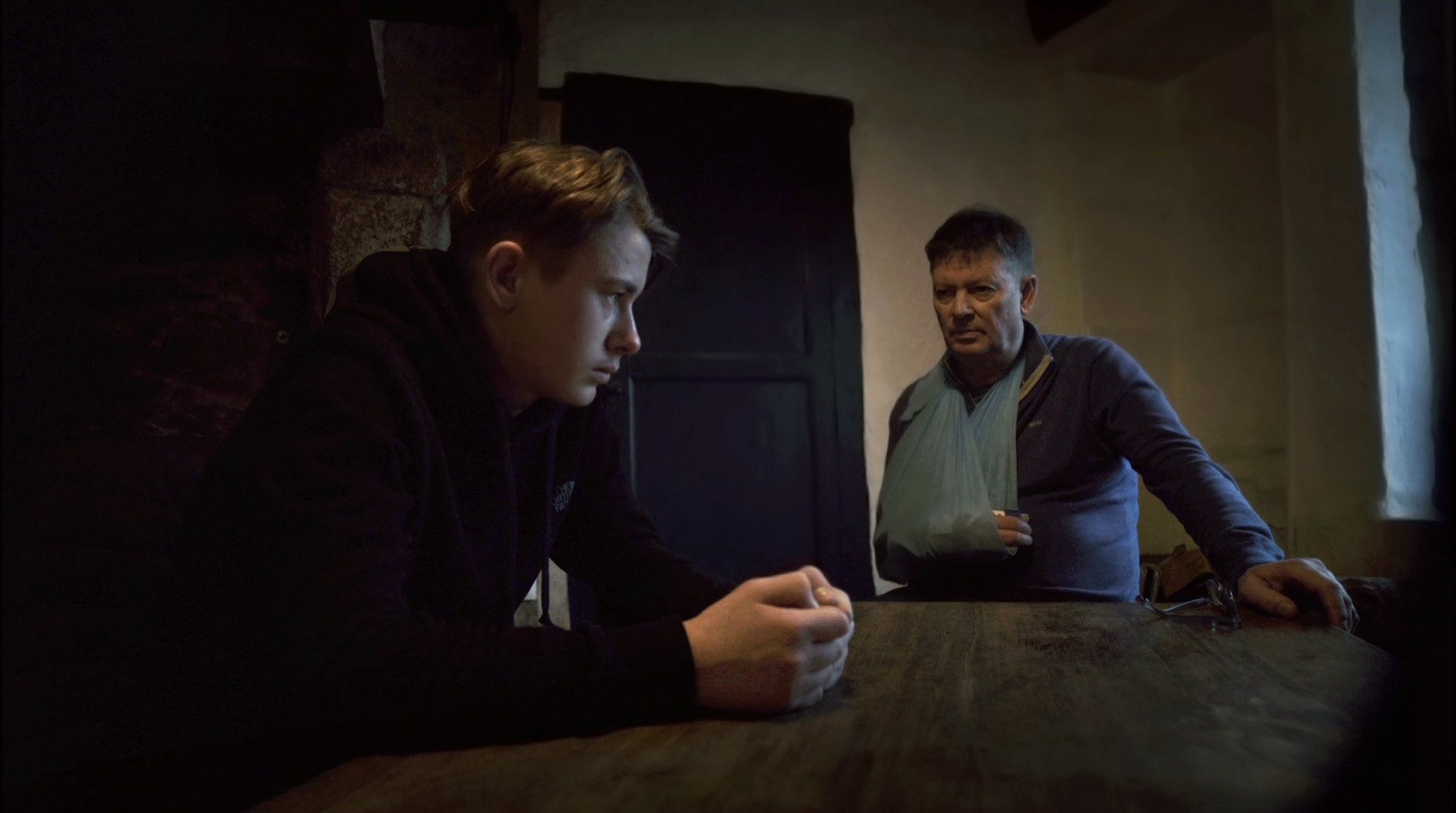
The story behind filming Punks
After Alicia had premiered, Maasja Ooms organised meet-ups throughout the Netherlands. These events took almost a year. The director tells: "We talked with parties involved in cases like Alicia’s about the destiny of children like her. We discussed possible changes to the policy that allows moving these children from one youth care institution to the next. Even the minister promised to stop this 'carrousel'." Children are moved from one orphanage to another incredibly often, which is very harmful for their development, attachment process and trust to people.
During one of those meet-ups, Maasja met a Dutch woman who told the director about her farm in France and the boys she takes care of. She invited Maasja for a visit. The filmmaker accepted the invitation and decided to visit the farm during a trip to the south of France where she planned visiting her friend. The director remembers: "Arriving there was exciting. The four boys were very curious. A documentary filmmaker was visiting them! Although I planned to stay one night, I ended up staying for five weeks." Maasja saw an opportunity to make a film about the boys. Petra, the owner of the farm, had no objections to the film focussing on the boys but she did not want to be asked to judge them and their history personally.
The boys were extremely interested in having a film made about them. According to Maasja, they were already dreaming about the red carpet. However, the director explained to them that a documentary is about showing all aspects of a story, difficult moments included.
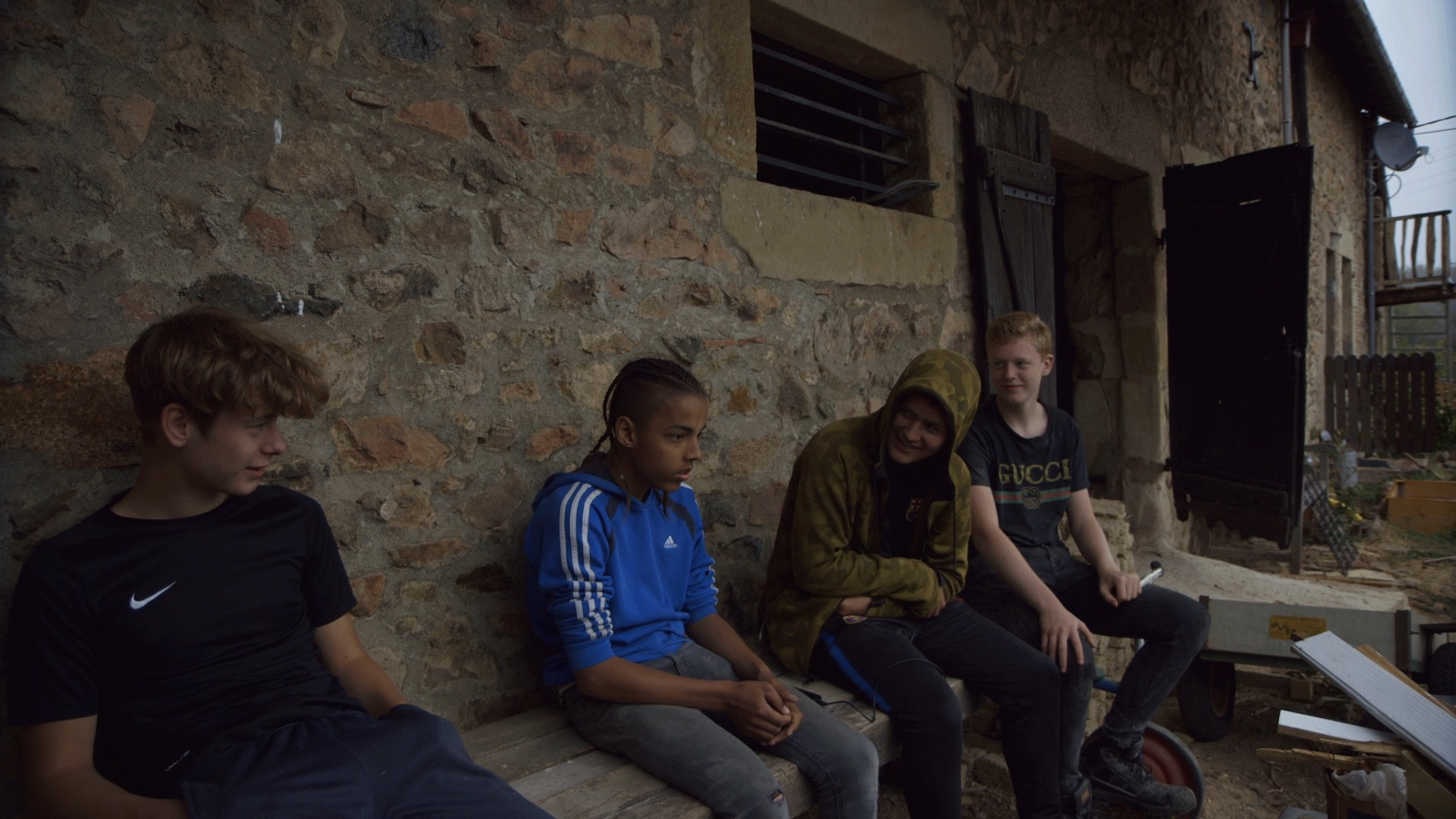
At first Maasja suggested filming for five days, in which the boys would allow her to film all the situations happening in their lives, including the conversations with caregiver Petra. That way they could experience whether the camera did not scare them. Maasja remembers: "After five days we would see if we all were still on the same page. If not, I would’ve destroyed all my materials. This five-day trial period was also necessary for me to find out if I could see a real plot for the film. Mitchel (one of the boys) especially touched me through the lens. I was convinced. And luckily, so was everyone else. All parents were fine, too, after I had explained my vision of the story. I didn’t want to make a film about what the boys had done, but about who they are deep inside. About their struggles and the things that go unnoticed by adults.”.
Maasja did not ask the boys why they were living on the farm. She would only film it if they said something about it among themselves or to the caregiver. Therefore, the boys had complete control over what to tell and what not in front of the camera. In other words, it is not the interviews that give the key information. It is the boys’ pure interactions and ways of being that tell the story.
Now, looking back at the films she has already produced, Maasja does not want to do anything differently. Maasja knows her own style and the way of working that fits her. Moreover, she is planning to make one more movie devoted to youth care. The director says: "Alicia was about attachment, Punks is about loyalty. The last film on this topic will be about self-determination: youth in closed institutions for youth care. Recently I have received financial support to research it more deeply.”
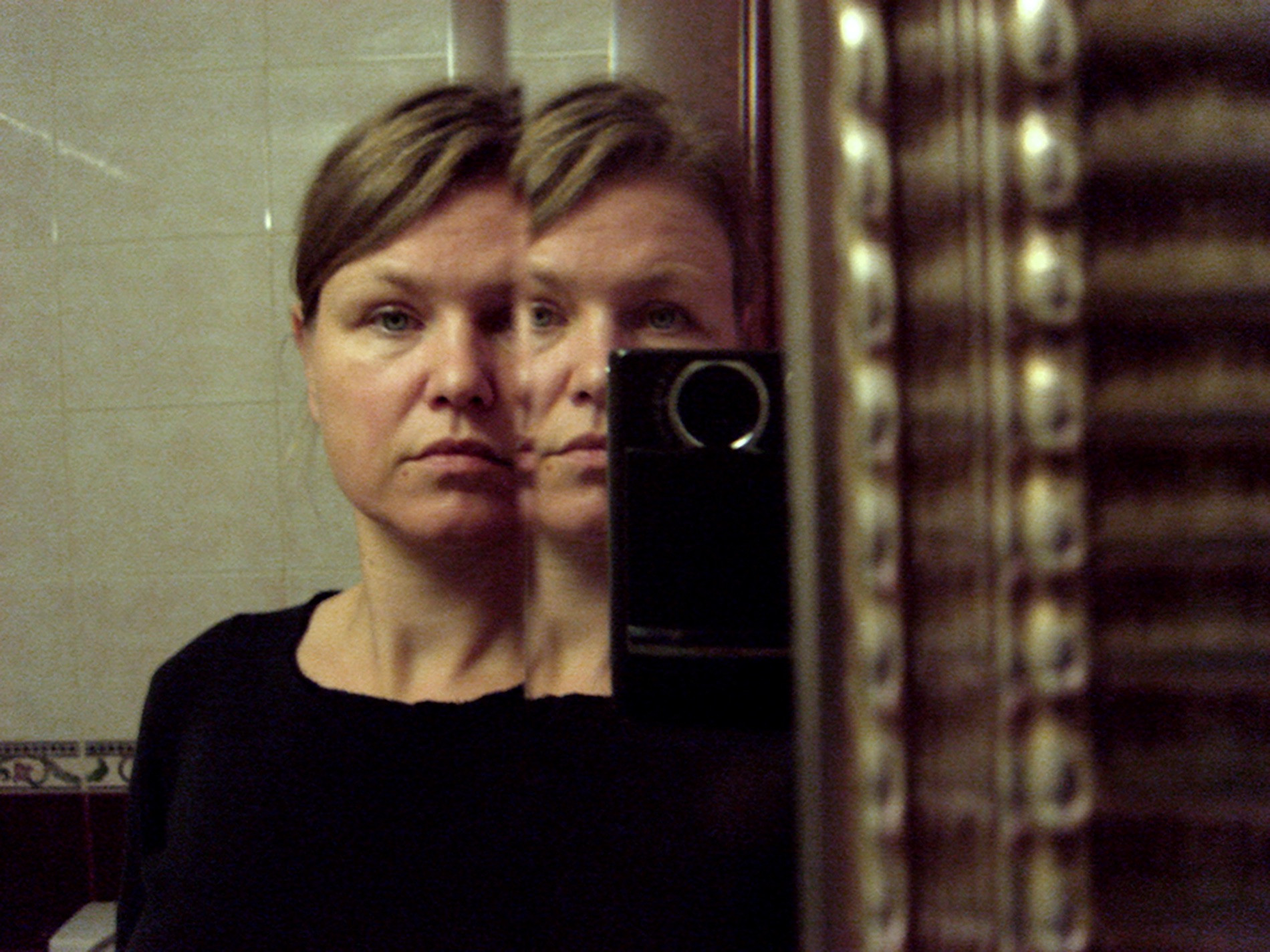
Would you like to find out more about Maasja Ooms?
(c) All visual material is used with the filmmaker's permission.